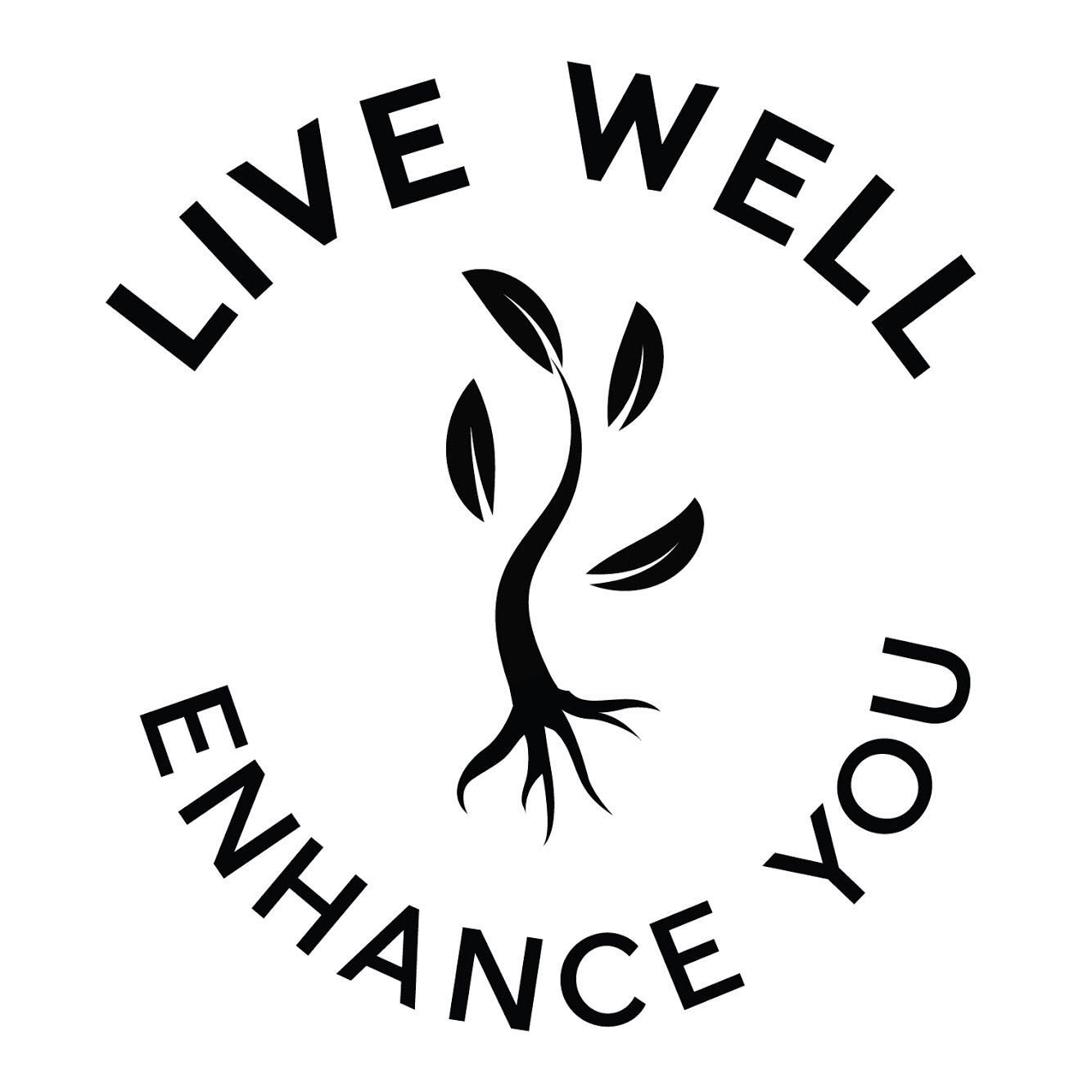Why World Breastfeeding Week Matters
By Jasmine Clark, Live Well Enhance You Contributing Writer
Babies are the smallest, most vulnerable humans. We should do all we can to protect them, right? No one likes to see a baby suffer… especially from illnesses that can be prevented. Did you know that breastfeeding helps babies have fewer illnesses and makes their bodies stronger and healthier?
World Breastfeeding Week takes place August 1st through 7th. This week of celebrating and promoting breastfeeding was created by the World Alliance for Breastfeeding Action. Whether you have firsthand experience with breastfeeding and know exactly what it feels like, or you’ve never breastfed and don’t know much about it, it’s important to learn about World Breastfeeding Week because breastfeeding has more benefits than you may realize.
Benefits of breastfeeding
Ideally, babies should exclusively breastfeed for the first six months after birth, then be fed breastmilk and other foods for the next one or two years. Breastmilk is full of nutrients babies’ bodies can absorb better than they could from formula. Examples include lactose in breastmilk that promotes the growth of beneficial bacteria in the baby’s stomach, and long-chain fatty acids that are good for the baby’s eye, brain, and nervous system development.
Breastfeeding has many positive impacts on babies’ health, such as:
Helps protect baby from respiratory tract infections
Helps protect baby from gastrointestinal tract infections
Reduces risk of SIDS (Sudden Infant Death Syndrome)
Reduces risk of obesity
Reduces risk of diabetes
Helps preterm infants progress faster with growth and development
And these aren’t even all of them!
But the benefits of breastfeeding aren’t just for the baby. Look at what the CDC says: “Breastfeeding has health benefits for the mother too! Some cancers, type 2 diabetes, and high blood pressure are less common among women who breastfeed.”
Breastfeeding creates more skin-to-skin contact between babies and moms, which stimulates the mother’s production of oxytocin (the “love hormone”) and helps mom and baby grow their emotional bond. And skin-to-skin contact isn’t just a result of breastfeeding – it’s a cause of it. When newborn babies are placed on the mother’s chest right after birth, they start to figure out how to latch onto the breast.
Breastfeeding also has major benefits for the economy. The US Surgeon General’s Office states that families can save $1,200 to $1,500 on infant formula if they follow optimal breastfeeding practices. Plus, the US would save an estimated $13 billion – billion! – in medical and other costs if 90% of families followed the recommendation to breastfeed exclusively for six months.
With all these great reasons to breastfeed, why aren’t more mothers doing it? Unfortunately there are several problems that make breastfeeding difficult.
Problems impacting breastfeeding
The World Alliance for Breastfeeding Action created a detailed report explaining obstacles to breastfeeding as well as solutions. The report mentions that health professionals often don’t educate expectant mothers ahead of time about breastfeeding, so after babies are born, mothers don’t know much about breastfeeding. In addition, after birth, babies may be separated from mothers unnecessarily instead of immediately being placed on their mother’s chest for skin-to-skin contact.
Another issue impacting breastfeeding is that when mothers work for companies that don’t give much time for maternity leave, they’ll have to go back to work before they really want to, pulling them away from their babies.
A survey from Philips found that two-thirds of mothers worldwide said they’d feel more comfortable breastfeeding in public if it were considered “normal.” While there were different results from different countries, there’s a large number of moms around the world who shy away from breastfeeding in public – even though it would be much more convenient for themselves and their babies if they did.
The pandemic created another obstacle to breastfeeding. Many mothers are afraid to breastfeed after being infected with COVID-19 because they fear passing the virus to their babies. The World Health Organization recommends that mothers who have COVID-19 should still continue to breastfeed, but not everyone is aware of this.
What you can do to support World Breastfeeding Week
One easy way to raise awareness of World Breastfeeding Week is by joining the World Alliance for Breastfeeding Action’s social media campaign. The organization has its own social media accounts from which you can share content and engage, and there are also suggested captions and hashtags to use if you want to make your own post about breastfeeding.
Another way to support World Breastfeeding Week is by donating to WABA. Donating helps mothers all over the world overcome barriers to breastfeeding, resulting in better health for babies and mothers as well as reduced economic losses.
Breastfeeding is a healthy and natural thing to do, and the science is clear about its benefits. By educating more people about breastfeeding, we can empower women worldwide and protect babies from health problems, setting them up for a much healthier future.
Jasmine Clark is a freelance writer from North Carolina. She enjoys writing about topics such as stress relief and positive thinking. She likes to encourage others to find ways to calm down and relax. In her spare time, she loves to write fiction stories and watch TV and YouTube. You can find her on Instagram @cozysachi.
